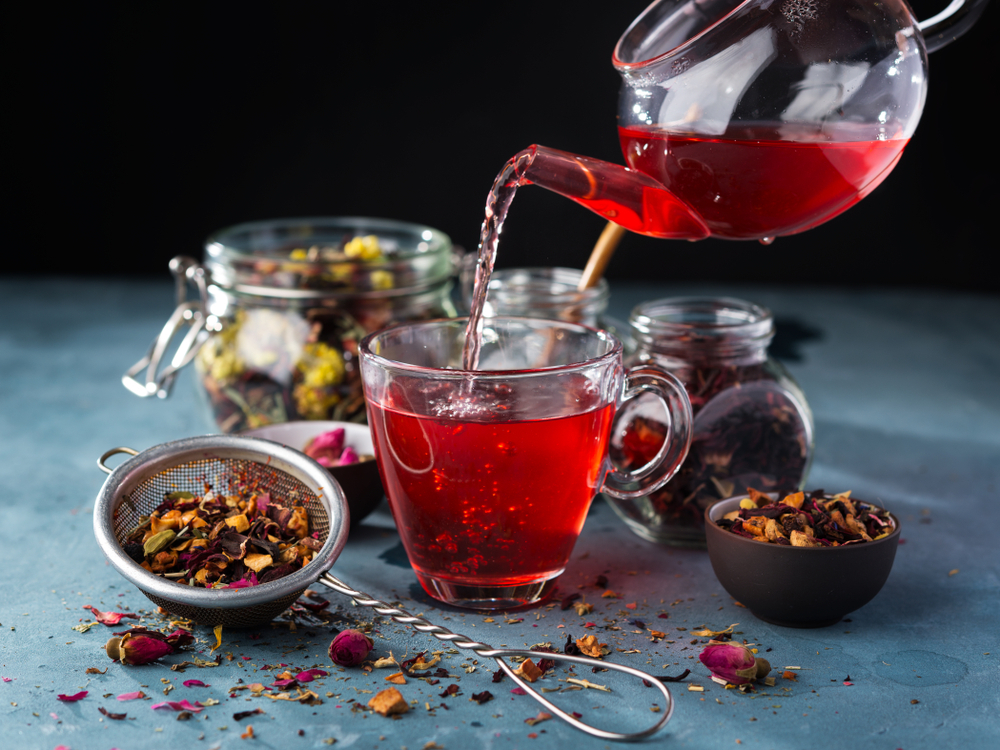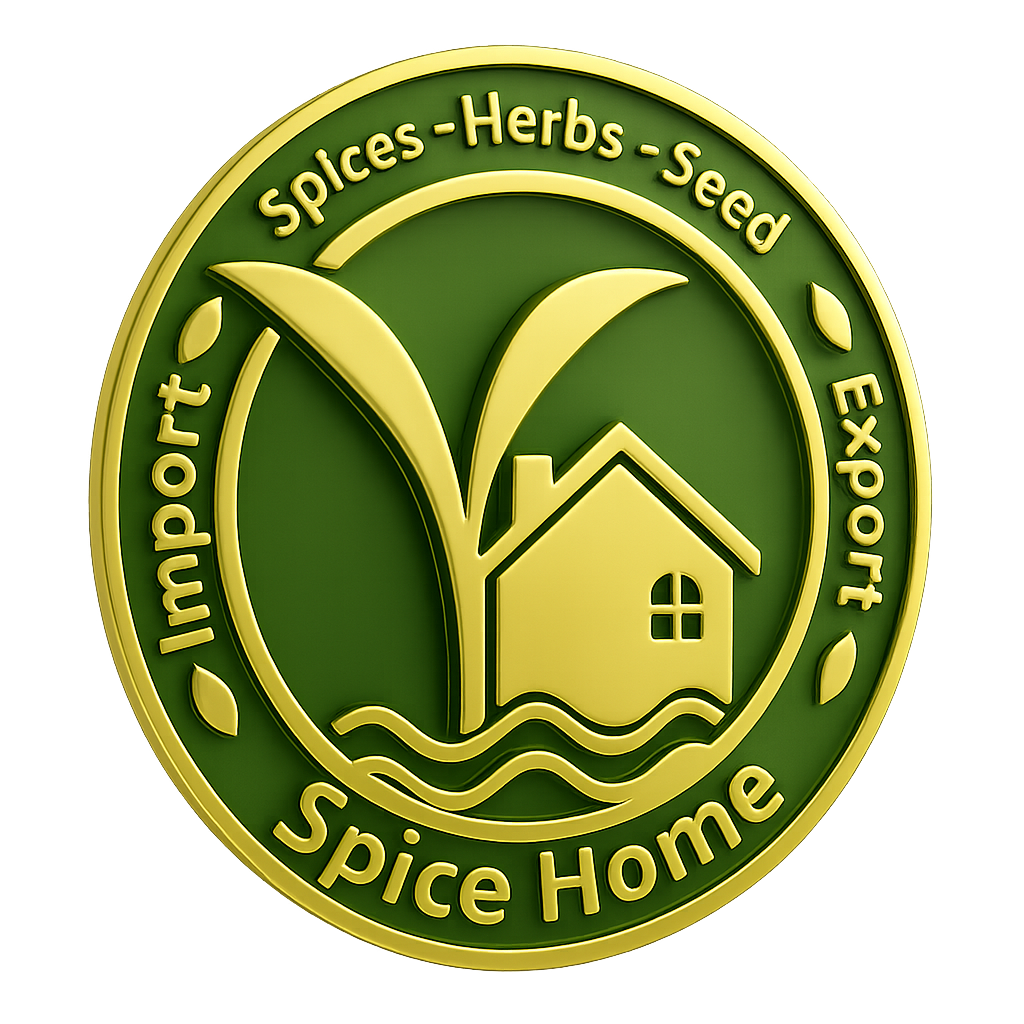The Versatile Hibiscus: Usages and Benefits
The hibiscus flower, known for its striking crimson hue and delicate petals, is more than just a garden ornament. Cultivated for centuries, hibiscus has made its mark in traditional medicine, culinary arts, and even modern wellness routines. From vibrant teas to soothing skincare, the applications of hibiscus are as varied as they are beneficial. This essay explores the many uses of hibiscus and highlights the health benefits it offers.

Culinary Uses
Hibiscus is most commonly associated with its use in beverages. Hibiscus tea, often referred to as agua de jamaica in Latin America or karkade in the Middle East, is renowned for its tart, cranberry-like flavor. This tea can be enjoyed hot or cold, often sweetened with sugar or honey, and is cherished for its refreshing taste and brilliant red color. In addition to teas, hibiscus is used in jams, sauces, and desserts, adding both a unique tang and a vibrant hue to dishes. In some cultures, hibiscus petals are also candied or used to garnish salads and cocktails.
Medicinal Benefits

Hibiscus has long been a staple in traditional medicine. It is rich in antioxidants such as flavonoids and anthocyanins, which help protect the body from oxidative stress. One of its most celebrated health benefits is its ability to support heart health. Studies have shown that hibiscus tea may help lower blood pressure, making it a natural alternative for those with hypertension. Additionally, hibiscus has been found to aid in lowering bad cholesterol (LDL), further promoting cardiovascular health.
The diuretic properties of hibiscus also make it a natural remedy for bloating and water retention. It helps the body flush out excess fluids, which can be particularly useful in managing mild cases of edema. Hibiscus is also known to support liver health, with studies indicating it can enhance liver enzyme function and reduce liver damage caused by toxins.
Skincare and Cosmetic Applications
The beauty industry has also embraced hibiscus for its skin-enhancing properties. Often referred to as the “botox plant,” hibiscus is rich in natural acids that gently exfoliate the skin, promoting a brighter complexion. Its high mucilage content helps retain moisture, making it a key ingredient in hydrating masks and lotions. Hibiscus also contains antioxidants that combat free radicals, reducing the appearance of fine lines and wrinkles. Furthermore, it is used in hair care products for its ability to condition and add shine, making it a popular choice for natural hair treatments.
Cultural and Symbolic Importance
In many cultures, hibiscus holds significant symbolic value. In Hawaii, the hibiscus is the state flower and is often associated with hospitality and beauty. In India, it is offered in religious rituals, symbolizing the goddess Kali. The flower’s vibrant color and wide range of applications have made it a symbol of vitality, passion, and life.
Conclusion
The hibiscus flower is a true gift of nature, offering a wealth of uses that span culinary delights, medicinal remedies, and beauty solutions. Its health benefits, including heart support, antioxidant protection, and skincare prowess, make it a valuable plant in both traditional and modern contexts. As research continues to uncover more about hibiscus’s properties, its role in health and wellness is only set to grow. Whether enjoyed as a refreshing tea, applied in skincare, or appreciated for its cultural significance, hibiscus is a versatile plant that continues to enrich lives around the world.


